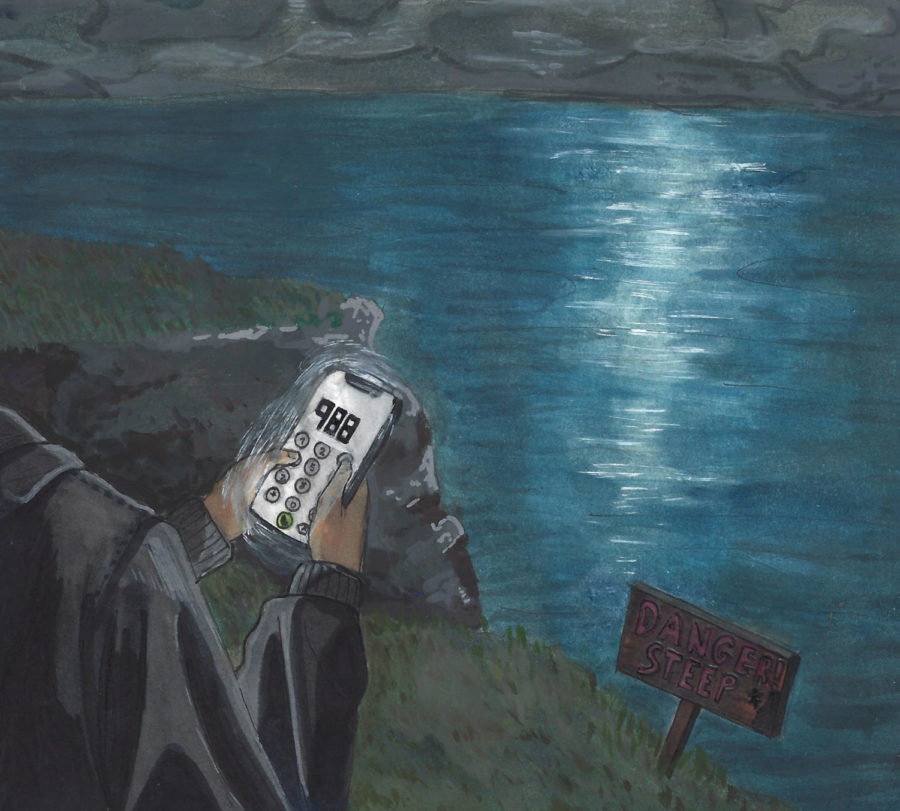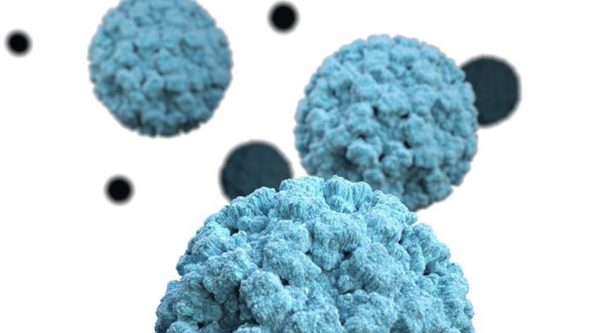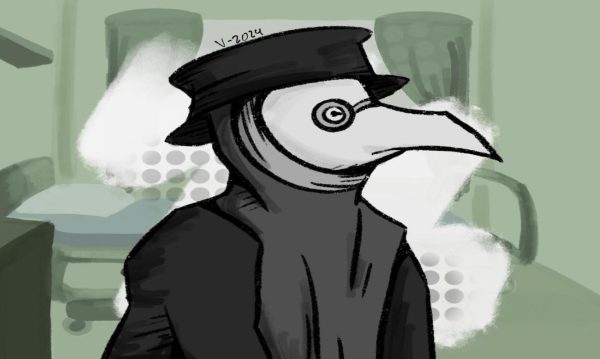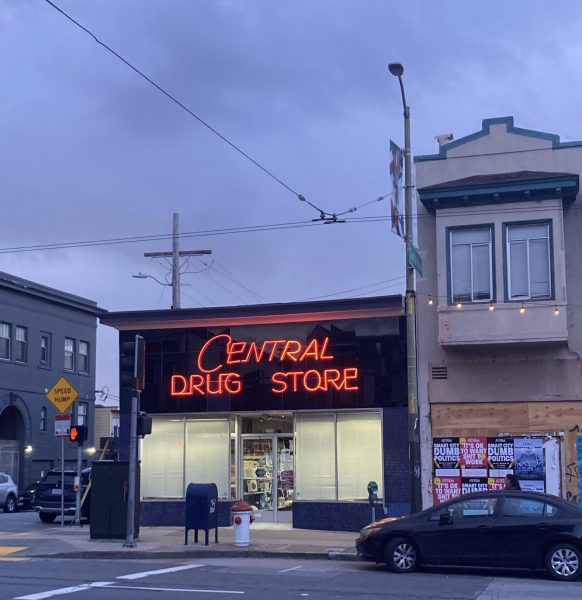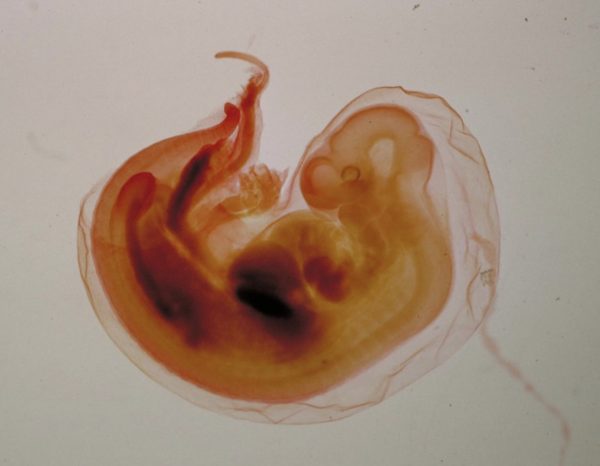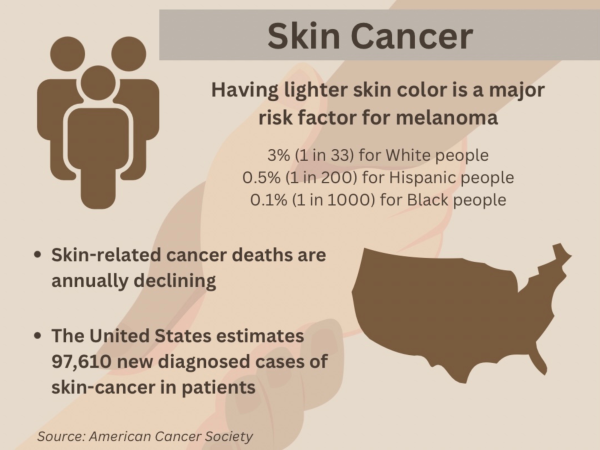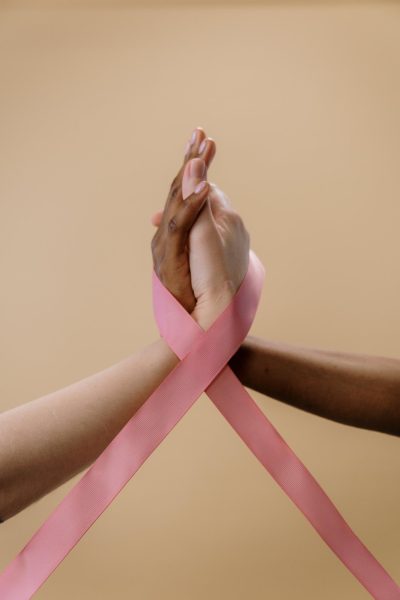National Suicide Prevention Hotline rolls out new number: 988
Illustration by Kai Murguz '25
The Suicide Prevention Hotline moved to a three digit number: 988.
November 1, 2022
On July 16, the House of Congress launched a short three-digit number–988–to access mental health services conveniently.
In 2020, suicide took the lives of over 45,979 people in America, almost double the amount of homicides that year, raising concern for the accessibility of resources.
Additionally, suicide is the 12th leading cause of death in the U.S. today among all age groups, and third among 15-24 year-olds.
In August of 2019, these numbers compelled government officials to create 988, launching it in 2022.
988, modeled similarly to 911, instantly connects callers to a trained counselor who provides free, confidential support. This new number was designed to be easy to remember and contact, rather than dialing 1-800-273-8255, the previously used number of the National Suicide Prevention Hotline.
The number is accessible for all in need of urgent mental support; or as Xavier Becerra, secretary of the Federal Department of Health and Human Services phrased it in a news conference, “If you are willing to turn to someone in your moment of crisis, 988 will be there. 988 won’t be a busy signal, and 988 won’t put you on hold. You will get help.”
In reflecting on the past, another reason for this change was that police have reported that over 20 percent of their staff time has been spent assisting people through mental health crises.
Responders for 911 are not trained to handle mental health emergencies, so patients usually do not receive the help they require.
In 2021, around two million people with serious mental illness were booked in jail due to this, pushing people to advocate for a change in the system.
Too many Americans struggle with mental health problems without the support they need, but 988 is a nation-wide phone number funded through the American Rescue Plan that can provide them with said assistance.
The changing of this number is already making an impact in our community, as voiced by Bennett McKee ’25, who said, “It’s a lot better for those suffering with mental health issues to have any easy access way to get help, having a shorter number to dial or text makes it much easier to remember widespread.”


